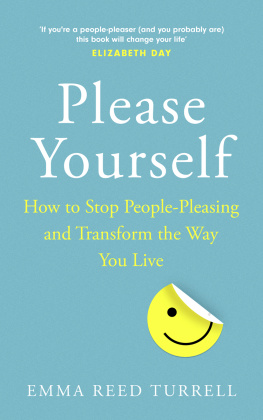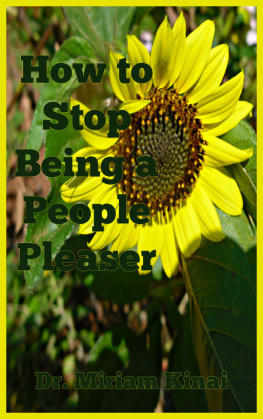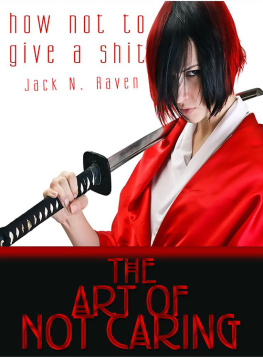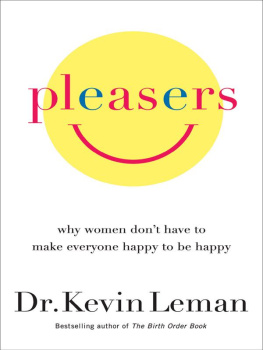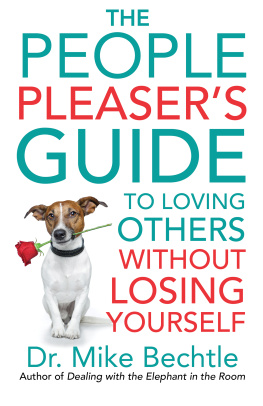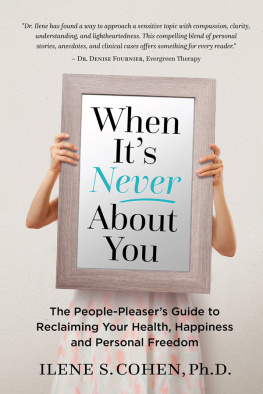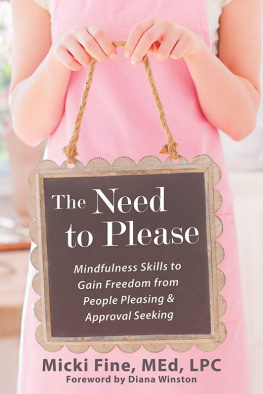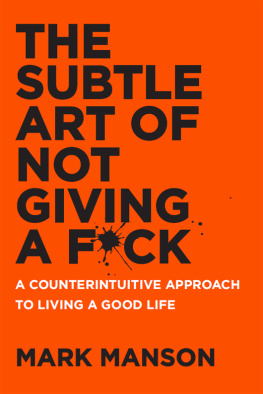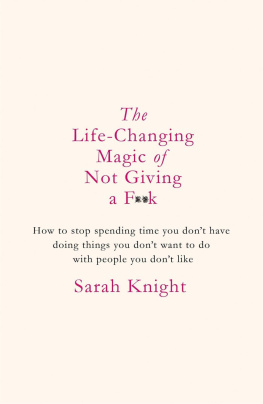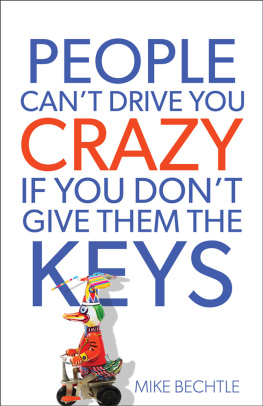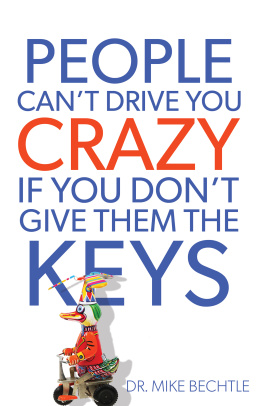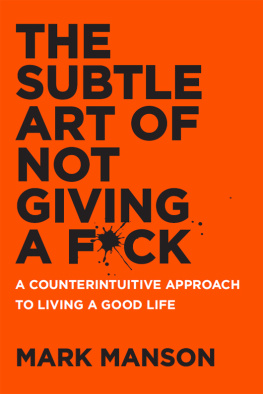4th Estate
An imprint of HarperCollinsPublishers
1 London Bridge Street
London SE1 9GF
www.4thEstate.co.uk
HarperCollinsPublishers
1st Floor, Watermarque Building, Ringsend Road
Dublin 4, Ireland
This eBook first published in Great Britain by 4th Estate in 2021
Copyright Emma Reed Turrell 2021
Cover design by Ellie Game
Emma Reed Turrell asserts the moral right to be identified as the author of this work in accordance with the Copyright, Designs and Patents Act 1988
A catalogue record for this book is available from the British Library
All rights reserved under International and Pan-American Copyright Conventions. By payment of the required fees, you have been granted the non-exclusive, non-transferable right to access and read the text of this e-book on-screen. No part of this text may be reproduced, transmitted, down-loaded, decompiled, reverse engineered, or stored in or introduced into any information storage and retrieval system, in any form or by any means, whether electronic or mechanical, now known or hereinafter invented, without the express written permission of HarperCollins.
Source ISBN: 9780008409371
Ebook Edition April 2021 ISBN: 9780008409395
Version: 2021-02-11
To Thomas and Elsa, please yourselves.
We all know a people-pleaser. Perhaps they struggle to say what they want, or they dont like to go against the grain. They might say sorry when theyve done nothing wrong or feel guilty for changing plans. Someone who finds it easier to say yes than to explain why not. Maybe they do all these things. Maybe its you?
I used to be a people-pleaser. Born with characteristic punctuality on the morning of my due date, I was a child who was good at making people happy. Id relish the opportunity to entertain if my parents had a party and willingly visit old peoples homes to sing them carols at Christmas. Ever the chameleon, I could adapt myself to fit into any social situation and use my pleasing powers to give people what they wanted. As an adult, I still found myself doing it at work and with friends, prioritising other peoples happiness and seemingly unable to say no. I was avoiding the risk of someone disliking me (in reality, I was avoiding the risk of disliking myself) but people-pleasing was stopping me living authentically and, at times, even making me ill. I do it a lot less now and I feel a lot better for it.
In my clinical practice as a psychotherapist I see people every day who are wrestling with the complicated dilemmas of a life in which you cant please everyone but you dont yet have permission to please yourself. We work together to help them to come to the liberating realisation that there is no pleasing some people, so the trick is to stop trying.
Recovering people-pleasers can look back with twenty-twenty hindsight and say, I wish Id known then what I know now. That pleasing yourself isnt actually saying, Me first, its simply saying, Me too.
This book has been written to help you know now what youll know then.
So, Id like to talk to you about people-pleasing if thats OK?
Why do we do it?
You might have been told that people-pleasing is about being thoughtful, or considerate, or kind. In reality its about a desire to organise the reactions of other people and avoid the discomfort their dislike brings up in you. People-pleasing is a strategy designed to keep you safely in control, wrapped up in a veneer of pseudo-generosity or flexibility.
People-pleasers cant bear to disappoint, and to be disliked feels crippling. We fear being judged and found to be wanting. Feeling needed feels a lot like feeling loved. We do it because were afraid of losing people and yet we lose ourselves in our futile bid to keep them happy.
The origins of the people-pleasers behaviour are understandable. To be disliked would be dangerous to a pack animal such as ourselves, dependent on the group for fire, food and protection. Fear, guilt and shame are primal feelings, designed to keep us safely on the inside of a group. Dont do anything that might cost you your place by the fire and get you exiled into the wilderness, to die of exposure or at the claws of a hungry predator. Dont do anything unacceptable if the punishment could be death. However, these feelings have not evolved in the way that modern life has. Today I see people in my therapy room who are guilty of crimes as abhorrent as forgetting a birthday, calling in sick, or cancelling a friend for dinner. For doing anything that has an impact on anyone else or anything that might make someone feel discomfort. One people-pleaser I knew arrived late to a session one week, more flustered than usual, having been delayed by an aggressive charity fundraiser, drawn into an unwanted conversation about the Second Coming, and signed up for a subscription to an online language school, all on her way from the car park and all because she couldnt bear to say no. They see me coming! she wailed. These primal feelings of guilt and shame were designed to be deeply painful, and avoided at all costs, yet they are attached to actions today that no longer warrant their acerbic whip. Without updating our understanding of these primal feelings, we can find ourselves avoiding any and all upset, even when were not the ones at fault.
People-pleasing isnt a quirk of character, its a product of conditioning. Within these pages we will explore the development of the people-pleaser, from birth, through childhood and adolescence, and into adulthood, where those early beliefs get reinforced through the choices they make today.
The darker side of people-pleasing
Historically, people-pleasing has often been labelled a female affliction, and there is truth in the cultural stereotype that girls are raised to be quiet and to put others first. But people-pleasing today is a problem for everyone, regardless of gender or age or status. For too long it has been reported breezily as a problem of being easy-going or too nice. Its write-up has been light and even playful. Its treatment has been flippant and dismissive just dont worry what other people think. Or its been weaponised into the philosophy of not giving a fuck, in which were encouraged to dismiss the haters or let that shit go, when really we need to give that shit our full attention and deal with it decisively. If it was as simple as not caring wed have all done it by now.
It isnt. People-pleasing is a self-sacrificing behavioural compulsion. And it is as damaging for the people we please as for the pleasers themselves. People-pleasing isnt a benign habit to learn to live with, a foible full of good intentions. Its anxiety in action. Its the fear of something you cant control, namely other peoples emotions. Pleasers will go to great lengths to hide their truth, to avoid having an impact or causing upset. Unchecked, this urge to please, or not displease, can result in anxiety and depression, poor physical health, low self-worth and dangerous self-abandonment.
Today there are more people than ever to please. In our busy, modern lives the pleasing domain feels limitless, our roles and responsibilities are sprawling and boundaries are undefined. Were expected to be flexible at work and instantly accessible to friends, to tag-team with partners or sandwich-care for young children and ageing parents, without ever clocking off. Social networks have put people-pleasers in front of infinite online audiences, outsourcing their self-esteem to marketing algorithms and the twitchy thumbs of strangers.

